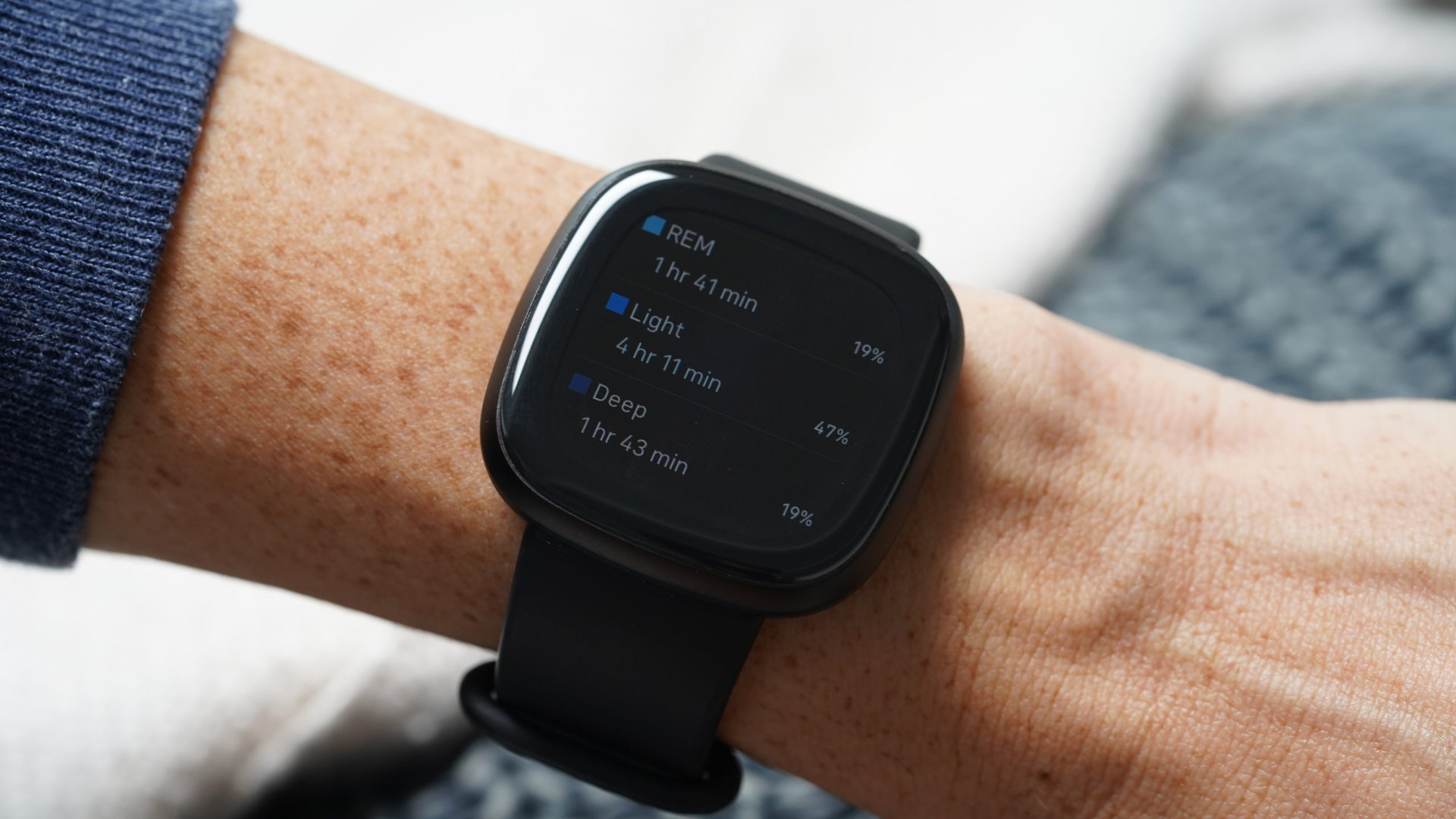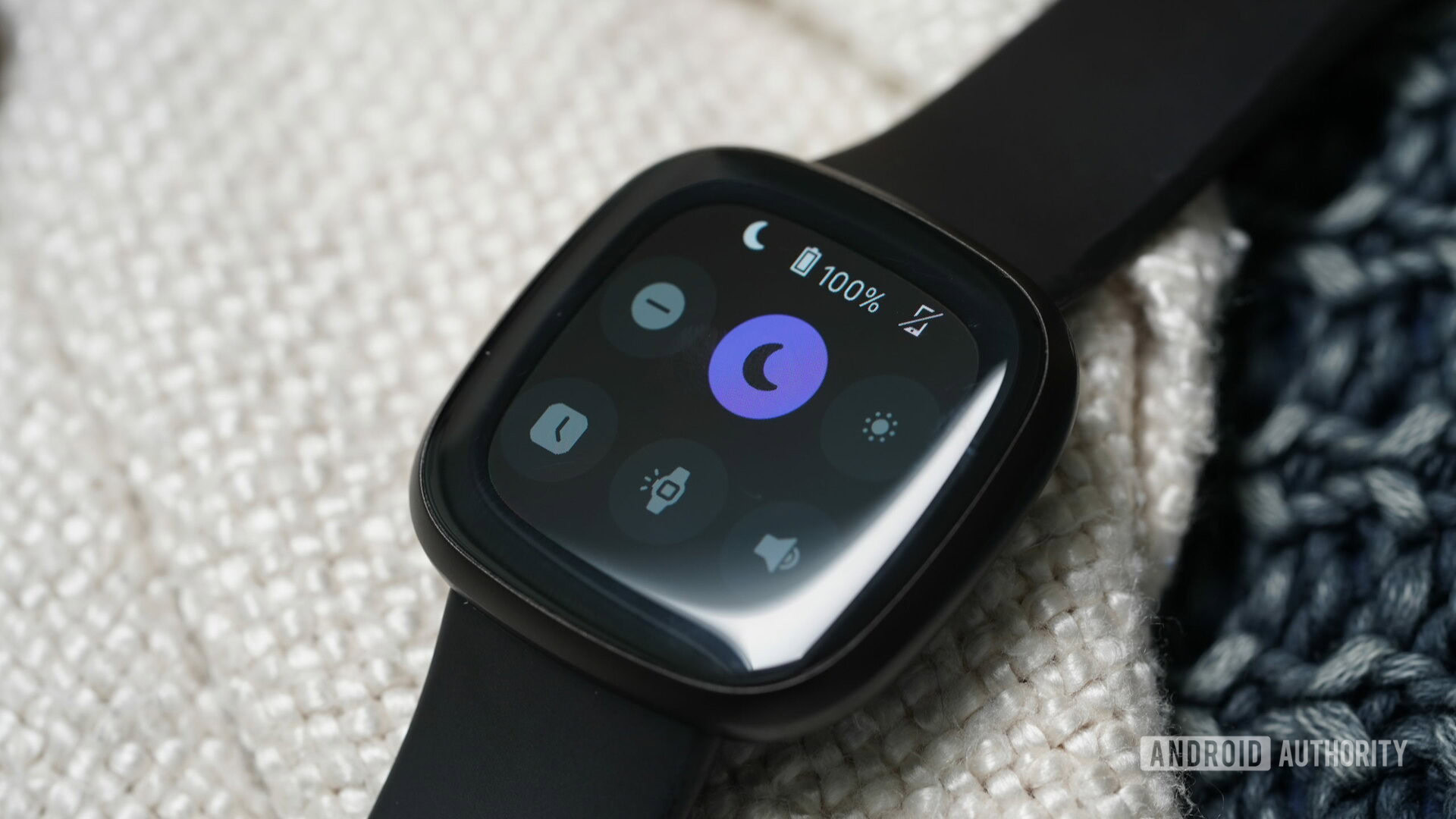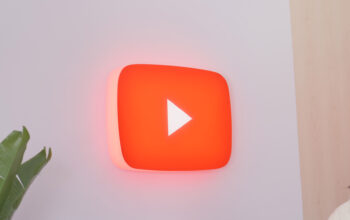Kaitlyn Cimino / Android Authority
The booming coffee industry suggests that many people aren’t bursting with natural energy. Most experts agree that one culprit behind our collective exhaustion is poor sleep. In response, the biggest names in tech —including Fitbit, Garmin, Apple, and more — offer tools to help users build better habits. But how accurate are sleep trackers? Can a device help you improve your sleep? We break down what you can and cannot expect from these potential bedmates.
Do sleep trackers actually work?

Kaitlyn Cimino / Android Authority
In short, yes and no. Most people who turn to a sleep tracker want basic insights into their bedtime behavior. Maybe you want to keep closer tabs on how much sleep you sacrifice staying up to watch Netflix or waking up to walk the dog. Maybe you want to establish a habitual wind-down time or determine how long you read each night before dozing off. In this regard, sleep trackers can be highly useful and effective. Most trackers will accurately record sleep quantity, nailing total time in bed by identifying when users pass out and when they wake up.
However, these devices also claim to do much more. Analyzing everything from heart rate to body movement to SpO2, trackers estimate a variety of metrics related to sleep quantity as well as quality. These categories typically include:
- Sleep duration: How long you slept as well as what time you began sleeping and when you woke.
- Sleep stages: Which sleep phases you entered throughout the night including light, deep, and REM sleep cycles.
- Sleep quality: How well you slept based on sleep stages, wakefulness, movement, and more. Many popular brands often represent sleep quality with a definitive score.
- Sleep trends: Weekly, monthly, or even yearly representations of sleep data over time.
As mentioned, sleep trackers are generally quite good at recording sleep duration. On the other hand, a sleep tracker can only make an educated guess about sleep stages. To truly identify what stages of sleep you experience would require measuring your brain activity within a clinical sleep study. While many brands have tested their devices in clinical trials, they still do not provide the same level of accuracy as a medical study. Naturally, these accuracy limitations trickle down to sleep quality data and certain sleep trend data as well.
Consumer sleep trackers are best used to review sleep quantity and determine bedtime habits but should not be relied on as medical devices.
So while sleep trackers work well as far as helping you identify habits and establish better routines, they cannot offer the highest possible accuracy of data. It is best to use your tracker to gain a broad view of your habits. If you have deeper concerns about your sleep, consult a doctor. You can always use your tracked data as a reference.
See also: The best sleep tracking apps for Android
What is the most accurate sleep tracker?
In our opinion, Fitbit offers the best sleep tracking experience. We’re partial to the Fitbit Sense and Versa 3, though new models of these watches are shipping out this fall and we’re eager to put them to the test. Fitbit’s smartwatches track users’ total time asleep and estimate sleep stages. They also provide a sleep score from 1 to 100. As mentioned, such data from trackers are only approximations. However, when reviewing both devices, we often found our sleep scores matched how rested we felt in the morning.
Fitbit offers the most comprehensive and reliable sleep tracking data available.
Additionally, Fitbit Premium members can also access Sleep Profile, which involves monitoring your sleep for an entire month. At the end of each month, Fitbit assigns you a sleep phenotype. This feedback also includes information about your sleep habits and tips for improving your sleep quality.
With that said, Fitbit isn’t the only company making strides in this department. Garmin’s sleep tracking also provides a user-friendly experience with advanced sensors and in-depth analysis. Likewise, both Apple and Samsung introduced improvements on their latest flagship devices. To find out more about the best trackers on the market check out our dedicated guide.
Tips for getting the best sleep tracking possible

Kaitlyn Cimino / Android Authority
To start, determine which method of tracking works best for you personally. What type of data do you want or need? Are you comfortable wearing an accessory to bed, or do you prefer a more passive monitoring? Below are the three most popular device types for tracking sleep.
- Wearables: Sleep tracking can be found on smartwatches, fitness trackers, rings, and even earbuds. These devices typically use heart rate data, movement, and breathing rates to analyze users’ sleep behavior.
- Bedside devices: Tracking body movement, sounds, and environmental factors, bedside options offer an alternative you don’t have to wear to sleep.
- Mattress pads and sensors: Set-and-forget options like the Withings Sleep pad slip under your mattress or sheets and record data such as heart rate, movement, and more.
Once you’ve shopped for the right device, follow the tips below for the best results.
Make it routine: The fastest way to miss out on data is to forget to track it. Establish a routine for keeping your device charged and on deck by bedtime.
Check the fit: If opting for a wearable, follow the manufacturer’s directions on how to correctly wear your device. Watches, rings, and trackers should be snug without being overly tight. Earbuds often come with various rubber earbud tips for proper sizing.
Enable do not disturb mode: If your device offers a night mode, don’t forget to utilize it. Bright screens and overnight notifications won’t just wake you up, they can also muddy data trends.
Get to sleep: Give your device something to measure by prioritizing your rest. Cut back on caffeinated drinks, especially in the evening. Set up a healthy sleep environment with comfortable bedding, soundproofing, darkness, and the temperature set to an appropriate level.


